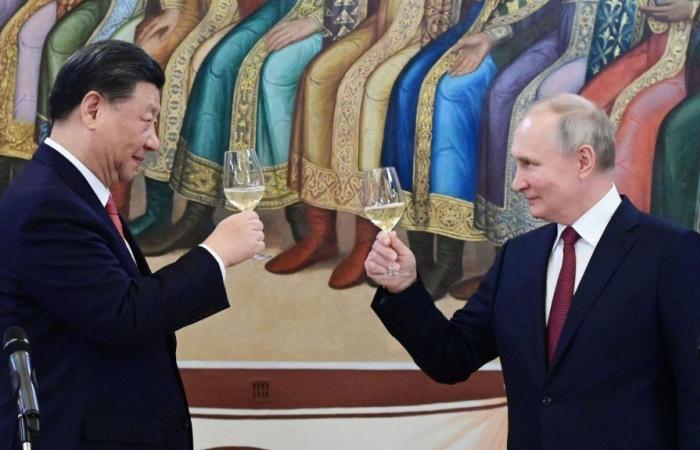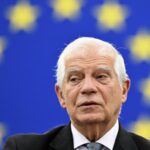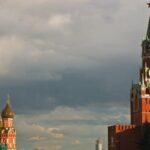The day was marked by the closing of the summit between Vladimir Putin and Xi Jinping. At a state dinner, the two presidents toasted to the prosperity of their peoples. The two men also reached an agreement on the gigantic Force of Siberia2 gas pipeline project, a symbol of Moscow’s desire to redirect its economy towards Asia in the face of international sanctions.
The peace plan proposed by China was at the center of the discussions, even if no decision emerged from this bilateral meeting. “We believe that many points of the peace plan proposed by China can serve as a basis for a peaceful (conflict) settlement”, commented Vladimir Putin. He said, however, he saw no “willingness” from Kyiv and the West to find a way out based on the Chinese plan.
In a joint statement, the two men said they were “very concerned” about “the growing strengthening of ties between NATO and the countries” of Asia-Pacific.
The NATO boss said on Tuesday that China should speak directly to Ukraine. Xi must dialogue “directly” with Zelensky, believes Jens Stoltenberg.
Visit of Japanese Prime Minister
In Ukraine, the Japanese Prime Minister made a surprise visit, notably to Bouchra. “As I set foot in Boutcha today and witness all the brutality that took place there, I feel a strong sense of outrage,” said Fumio Kishida, adding that “the whole world is shocked” by these atrocities.
The IMF has validated the implementation of an aid plan totaling $15.6 billion. The plan must allow “to support a gradual economic recovery while creating the conditions for long-term growth in a context of post-conflict reconstruction and on the path to accession to the European Union“.
At the same time, Russian diplomacy is trying to smooth things over the children “brought to Russia by force” and the arrest warrant issued by the ICC against Putin. Russia’s permanent representative to the UN, Vasily Nebenzya, reiterated his intention to return the children who were evacuated from the conflict zone to Ukraine when conditions there are safe enough for this. “We wanted to spare them from the danger that military activities could represent,” he said.
On the various fronts, fighting continues but Russian advances are minimal. In question, the growing tensions within the Kremlin are essential. The state army must deal with an increasingly arrogant Wagnerian private militia in the field whose methods do not quite correspond to the military ideal, as many soldiers show on social networks. To ensure success, Wagner’s “executives” did not hesitate to sacrifice fighters in order to locate Ukrainian positions. Because inside Wagner itself, there would be a two-speed army. The experienced, valuable mercenaries, used as special forces, and then the others, the cannon fodder, the habitual criminals, the recruited to perform numbers, to go to the front, in the company of army conscripts
This article is originally published on news.dayfr.com









